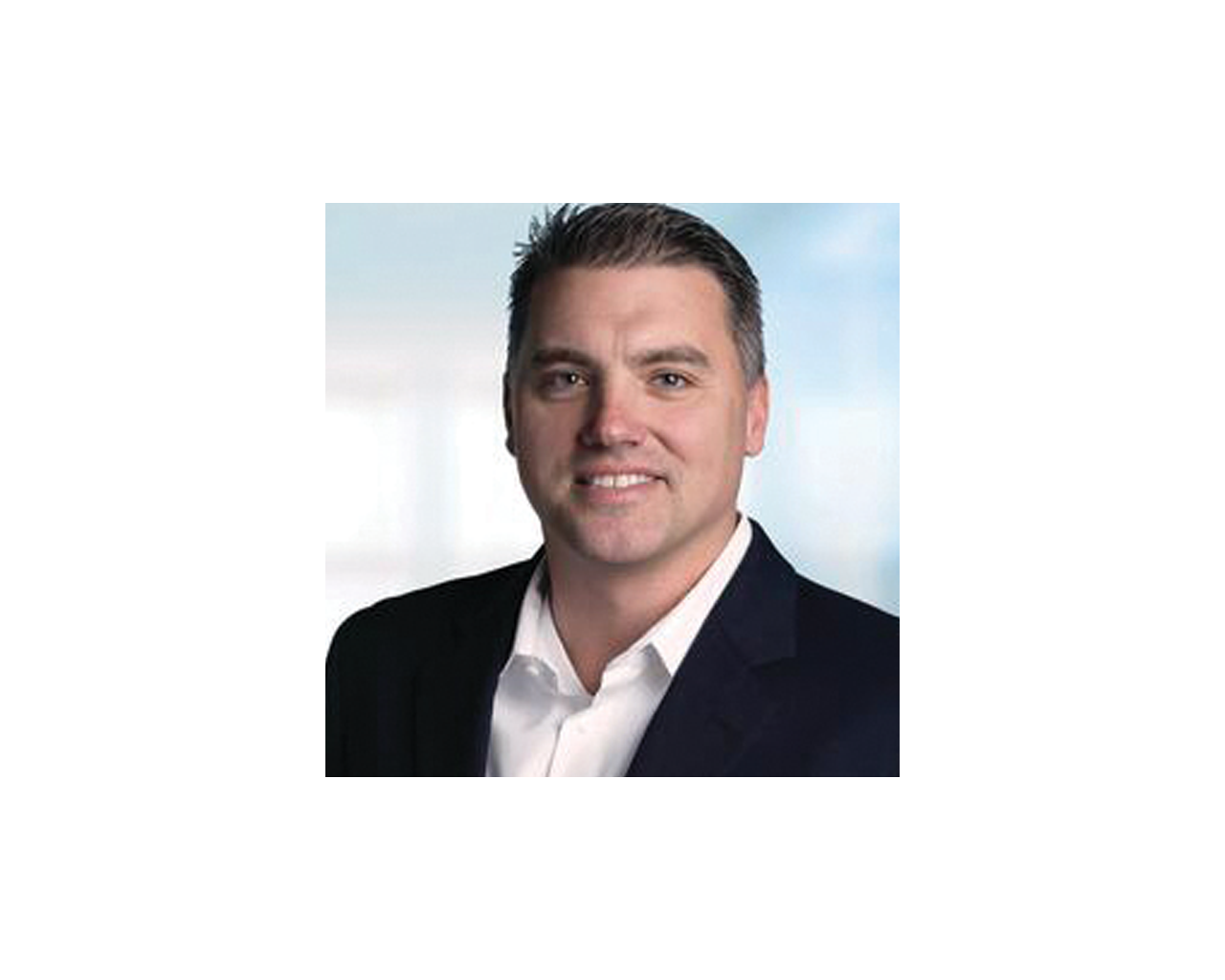Healthcare Executive: How would you describe your leadership style?
Dalton: My dad was a big influence on my leadership style. He was a high school basketball coach for most of his life, and much of his wisdom and advice still resonates with me. He said you must prove yourself every day. He also said it takes a team to accomplish great things. In other words, everyone has unique strengths and weaknesses, and it’s our job as leaders to coach everyone to achieve their potential and help us reach our common goals. One of the highlights of my career has been finding great talent and seeing young associates develop and take on leadership roles themselves.
What doesn’t work is demanding that things get done exactly the way I would execute them. Leadership is about unleashing the value of diverse personalities, perspectives and experiences. It’s about inspiring and giving your team the clarity, guidance, tools and resources they need to be successful, and then giving them the space to meet your expectations in their own way.
HE: What are some of the most important lessons you’ve learned about leadership?
Dalton: I’ve been part of a lot of trans¬formation with a company that was founder-led for much of its existence. With the passing of our founder, Neal Patterson, and the onboarding of an almost entirely new executive leadership team, I’ve had to rethink the way we do things and open myself to new perspectives. Developing a willingness to adapt, embrace opportunities to change and lead others through that change have held critical lessons for me.
The fact that Cerner encourages an entrepreneurial spirit has allowed me to take risks. It enabled me to leave a well-established business unit and a job I was comfortable in to explore opportunities in an already crowded market that we were venturing into for the first time. Navigating the government landscape and building relationships with varied stakeholders demanded a lot of patience and resolve. Thanks to our team’s perseverance, we’ve become the federal government’s largest health IT provider.
HE: As you think about 2022 and beyond, what challenges are you facing and what resources are you using to address them?
Dalton: The healthcare industry faced unprecedented challenges with the COVID-19 pandemic. Cerner’s primary challenge now is continuing its innovation pursuit to remain relevant to clients in the wake of the crisis. We will be focused on developing our offerings around interoperability and access to health information and data analytics.
Our clients are looking for affordable, flexible solutions that can be adapted as the ecosystem changes. Cerner aims to be a transformative partner on that journey.
Toward that end, we are: 1) advancing the solutions that matter most to our clients; 2) modernizing our platforms and capabilities to improve quality and increase the speed of innovation and speed to market; and 3) building strategic partnerships to achieve better solutions for our clients. For example, Cerner partnered recently with Apple in support of its new Health app feature, which allows iPhone users to share health data directly with their providers as a pathway to better outcomes.
In terms of broad, business sector-agnostic market dynamics, one of our biggest challenges will be adapting in the rapidly evolving post-pandemic job market.
With the shift to a fully virtual or, in Cerner’s case, a hybrid workforce, we’re increasingly competing for talent against companies regardless of location or sector. That shift requires us to reevaluate how we attract talent to find and keep the best. These changes also present opportunities to diversify our talent base and draw from a much wider pool of candidates.
In response to these trends, Cerner is revising its job architecture to facilitate career progression across all functions, improve benefits and create more leadership opportunities for high performers. These changes will help propel Cerner toward becoming the high performing organization our associates and clients deserve.
HE: As you think about the future of healthcare, what do you believe should be top of mind for healthcare leaders, and what advice can you give?
Dalton: Our clients will continue to be looking for solutions that help them improve affordability and access to care. We all need to be thinking about how to rise to this challenge and do more with less. We will succeed only if we can support our clients’ strategies in this regard and empower our associates to bring this priority to fruition.I always keep the following at the forefront of everything we do:
Clarity of purpose: People at all levels of the organization want to know how their job fits into the bigger pic¬ture. They deserve to understand where you are headed as a company and how you intend to get there.
Mission-driven culture: We focus too often on what’s in the windshield and lose sight of why the work matters. It’s critical to remind ourselves of the “why” of what we do. People want to be a part of something larger than themselves, so it’s important to remind them of the impact they are having on the lives of others and do so often.
Relentless pursuit of excellence: Look at strategies in a holistic way, and surround an objective with multiple points of influence—an approach I call the anaconda strategy. Getting 1% better each day across a series of actions can yield big change. That requires relentless passion.
From a leadership standpoint, I always think of the following three pieces of advice that I’ve heard over the years: 1) You’ll see the same people on the way down that you saw on the way up, so be good to everybody. 2) Find out what your boss’s problems are and solve them. 3) Very few people want to lead but everyone wants to be led, regardless of their position in the organization. If you take the initiative, you’ll be surprised at how many people will follow.
Cerner
Health information technologies


